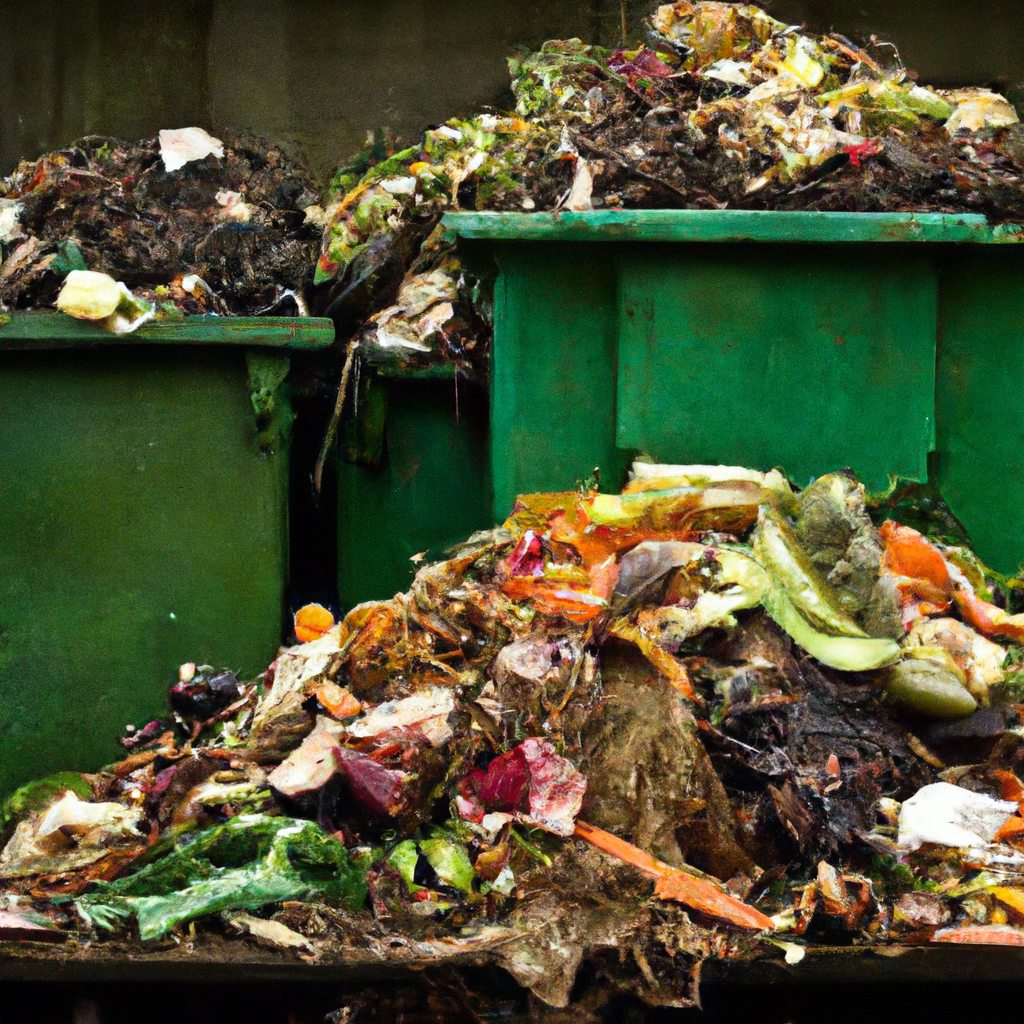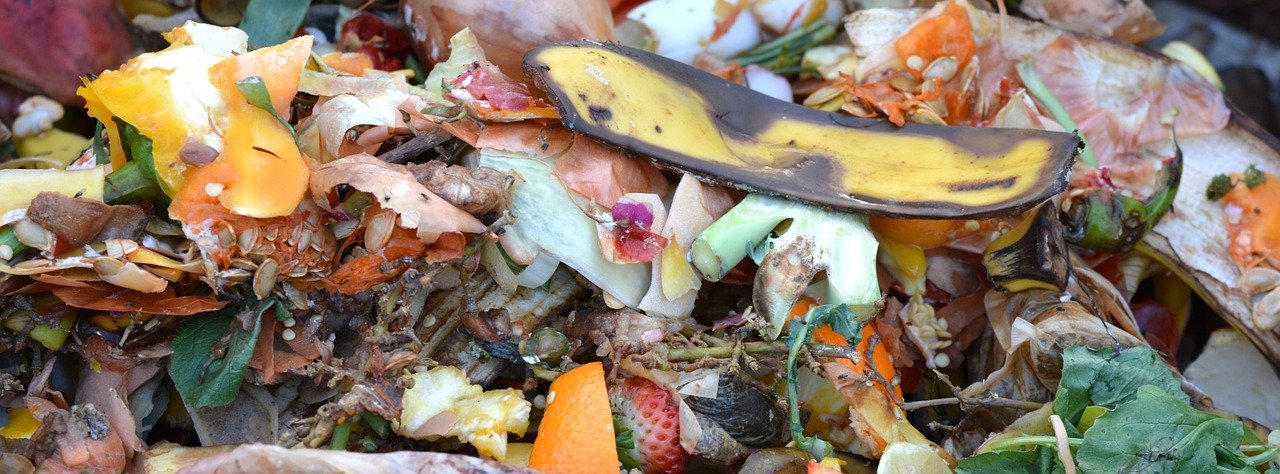
Urban Composting: Effective Methods for Composting Organic Waste offers practical solutions for turning your kitchen scraps and backyard waste into nutrient-rich compost, even in the heart of the city. Whether you have a small balcony or a tiny patch of green, this article provides innovative techniques and handy tips to help you reduce your carbon footprint and create a sustainable, urban composting system. Discover the secrets of successful urban composting and join the growing movement towards a greener, cleaner city environment.
Types of organic waste
Food waste
Food waste is a major contributor to organic waste in urban areas. This includes any leftover food, spoiled fruits and vegetables, and kitchen scraps. By composting food waste, you can divert it from the landfill and turn it into nutrient-rich soil for your plants.
Yard waste
Yard waste refers to the organic materials generated from maintaining your outdoor space. This includes grass clippings, leaves, branches, and other plant debris. Composting yard waste not only reduces the amount of waste going to the landfill but also provides a valuable source of organic matter for your compost.
Paper and cardboard
Paper and cardboard are often overlooked as potential composting materials. However, they can be a valuable addition to your compost pile. Shredded paper and cardboard add carbon to the compost, helping to balance the nitrogen-rich food scraps or yard waste. Just make sure to avoid glossy or colored paper, as these may contain chemicals that are not suitable for composting.
Benefits of urban composting
Reducing landfill waste
One of the major benefits of urban composting is reducing the amount of organic waste that ends up in landfills. When organic waste decomposes in landfills, it releases harmful greenhouse gases like methane, contributing to climate change. Composting diverts organic waste from landfills, reducing greenhouse gas emissions and conserving valuable landfill space.
Improving soil quality
Composting organic waste creates nutrient-rich soil, which can be used to improve the quality of urban soils. Urban areas often have depleted or contaminated soils, but adding compost can enhance soil structure and fertility. Compost improves water retention, reduces erosion, and provides essential nutrients to support plant growth.
Lowering greenhouse gas emissions
Composting organic waste can significantly reduce greenhouse gas emissions. When organic materials decompose in landfills, they produce methane, a potent greenhouse gas. By composting organic waste instead, you can harness the nutrients and energy contained within the waste while avoiding the methane emissions associated with landfill decomposition.
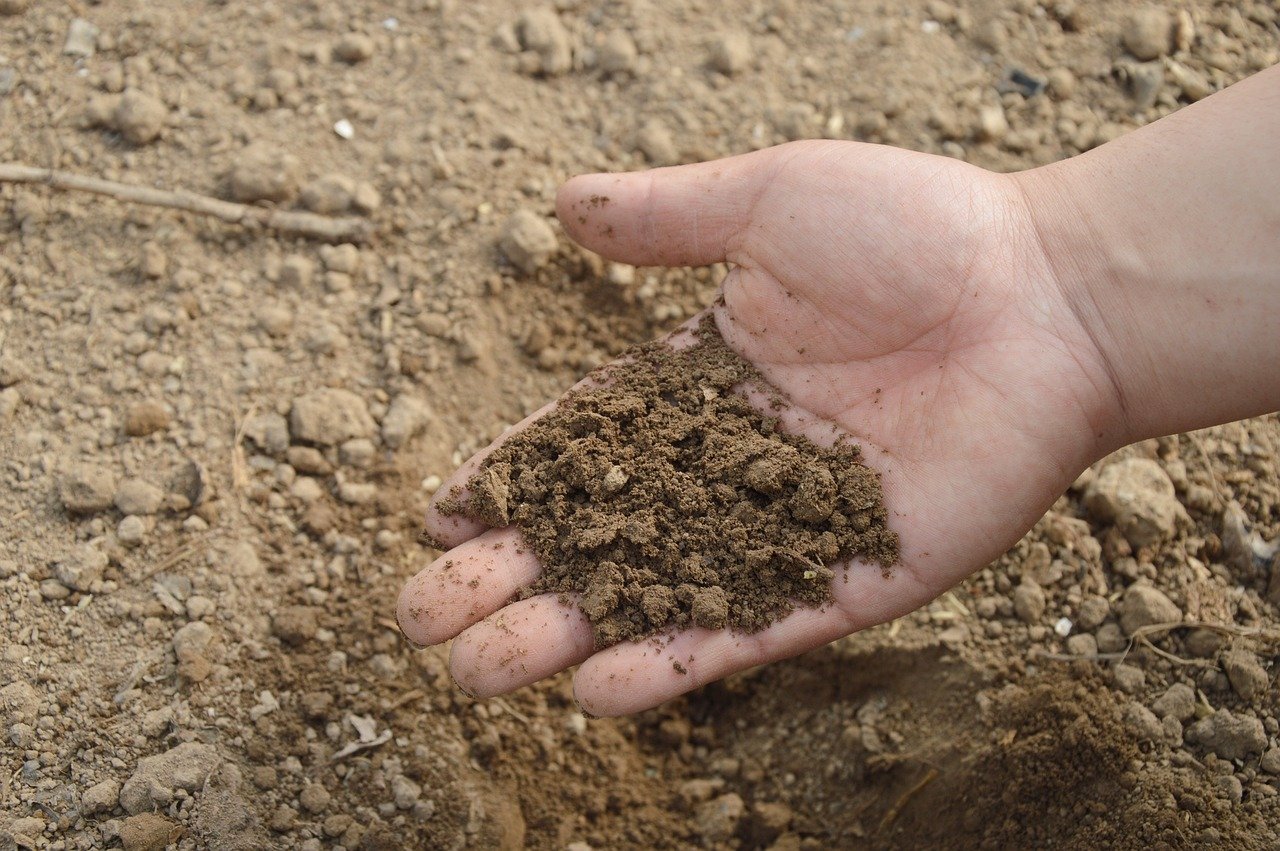
Choosing a composting method
Indoor composting
Indoor composting is a suitable method for urban dwellers with limited space. It involves using composting bins or containers that can be placed in your kitchen or closets. Indoor composting requires careful management of moisture and odors, but it allows you to conveniently compost food scraps and other organic waste right in your home.
Outdoor composting
Outdoor composting is a popular method for those with access to a backyard or outdoor space. It involves creating a compost pile or using compost bins in a designated area. Outdoor composting requires less maintenance than indoor composting and allows for larger quantities of organic waste to be composted. It is a great option for those who have more space and want to compost a variety of materials.
Vermicomposting
Vermicomposting, also known as worm composting, is a unique method that utilizes earthworms to break down organic waste. It involves setting up a worm bin and providing the worms with a mixture of bedding materials and food waste. Vermicomposting is particularly suitable for small indoor spaces and produces nutrient-rich worm castings, which make excellent organic fertilizer.
Preparing your composting area
Identifying an appropriate space
Before you start composting, it is important to identify an appropriate space for your composting area. If you have a backyard, find a spot that is easily accessible and receives proper sunlight. For indoor composting, choose a location that is well-ventilated and away from living areas. Consider the size of your composting area based on the amount of organic waste you expect to generate.
Ensuring proper drainage
Whether you are composting indoors or outdoors, proper drainage is crucial to prevent waterlogged compost. Make sure the area where you plan to compost has adequate drainage or consider using a compost bin with drainage holes. Excess moisture can lead to unpleasant odors and hinder the composting process.
Securing compost bins or containers
To contain your compost pile or worms, secure appropriate compost bins or containers. There are various options available, including plastic bins, wooden pallet bins, or specialized worm composting bins. Choose a container that suits your composting method and space constraints. Ensure the bins have lids or covers to prevent pests and retain moisture.
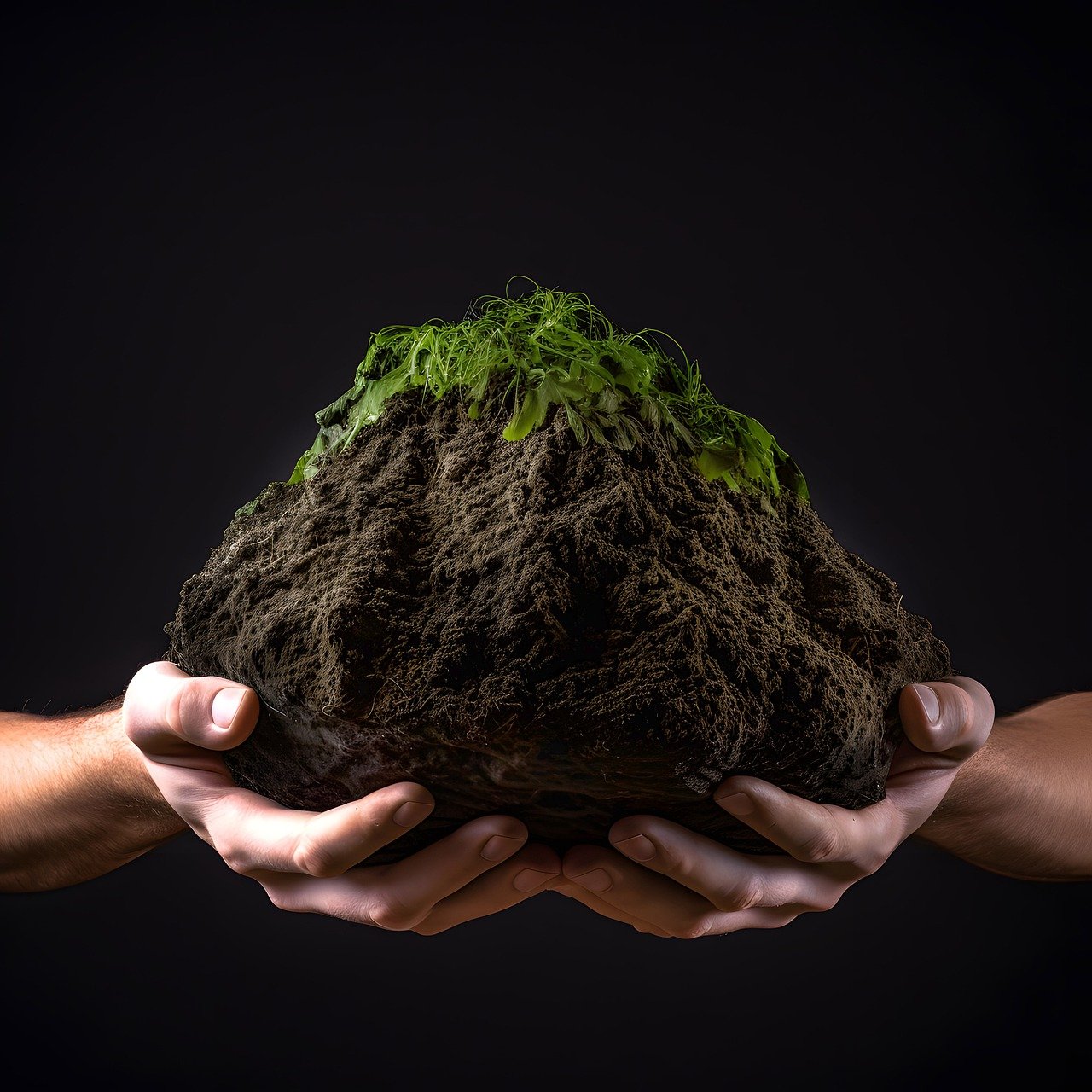
Collecting and sorting organic waste
Using separate bins for different types of waste
To facilitate efficient composting, use separate bins for different types of organic waste. Have one bin dedicated to food waste, another for yard waste, and a separate bin for paper and cardboard. This ensures that you maintain a good balance of carbon and nitrogen in your compost pile and avoids contamination of non-compostable materials.
Avoiding contaminants
To maintain the quality of your compost, it is important to avoid contaminants in your organic waste. Avoid adding materials such as meat, dairy products, oils, and pet waste as they can attract pests and slow down the composting process. Also, be cautious of including any plant debris treated with pesticides or herbicides, as these chemicals can persist in the compost and affect plant health.
Tips for efficient waste collection
Efficient waste collection is essential for urban composting success. Keep a small container or bin in your kitchen to collect food scraps while cooking or cleaning up. This container can be emptied into a larger compost bin regularly. For yard waste, designate an area to collect grass clippings and leaves before adding them to your compost pile. Proper segregation and regular waste collection practices will make composting easier and more convenient.
Maintaining the compost pile
Balancing carbon and nitrogen
To maintain a healthy compost pile, it is important to balance the carbon-rich and nitrogen-rich materials. Carbon-rich materials, such as dry leaves or shredded paper, provide energy for the composting process. Nitrogen-rich materials, like food waste or fresh grass clippings, provide necessary nutrients. Aim for a carbon to nitrogen ratio of approximately 30:1 to promote decomposition and prevent an imbalanced compost pile.
Proper moisture levels
Moisture is essential for the decomposition of organic waste. Monitor the moisture levels in your compost pile and ensure it remains damp but not soggy. Too much moisture can lead to anaerobic conditions and unpleasant odors. Conversely, dry compost may not break down properly. If needed, add water to maintain the right moisture balance.
Turning and aerating the compost
Regularly turning and aerating the compost helps accelerate the decomposition process and prevents the formation of compacted spots. Use a garden fork or compost aerator to mix the materials and incorporate oxygen. This enhances the activity of beneficial microorganisms and promotes faster composting. Aim to turn the pile every few weeks or when the temperature of the compost drops.
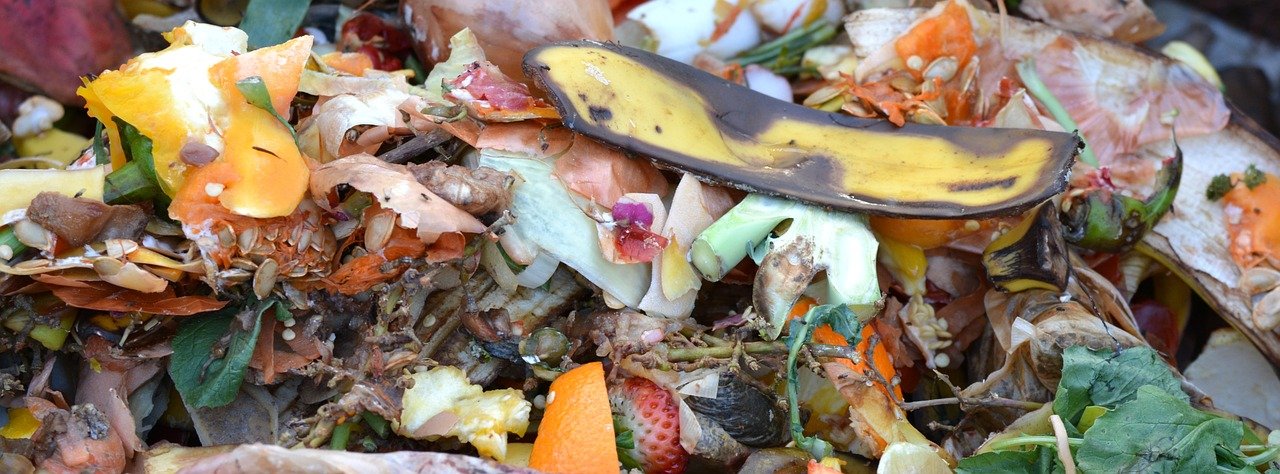
Accelerating the composting process
Adding compost activators
Compost activators can speed up the composting process by introducing beneficial microorganisms. Activators like finished compost, manure, or commercial compost accelerators contain a high concentration of microorganisms that break down organic matter. Incorporating them into your compost pile can help jumpstart the decomposition process and generate compost more quickly.
Using a shredder or chipper
Shredding or chipping your organic waste before adding it to the compost pile can significantly speed up decomposition. By breaking down the waste into smaller pieces, you increase the surface area available for microorganisms to work on. This results in faster composting and a finer finished product. Consider investing in a shredder or chipper for more efficient composting.
Managing temperature and airflow
Temperature and airflow play a vital role in composting. The decomposition process generates heat, and maintaining the compost pile between 135°F and 160°F promotes efficient breakdown of organic matter. Regularly turning the pile helps distribute heat and ensure proper airflow. If the temperature drops, adjust the carbon-to-nitrogen ratio, add more activators, and check the moisture levels to keep the composting process on track.
Addressing common challenges
Odor control
Unpleasant odors can be a common challenge when composting in urban areas. To control odors, ensure you have a good carbon-to-nitrogen ratio in your compost pile and avoid adding materials prone to odor, such as meat or dairy products. Covering your compost pile or using a sealed compost bin can also help contain odors. Additionally, adding dry leaves or shredded paper can absorb excess moisture and reduce odors.
Pest management
Pests, such as flies, rodents, or raccoons, can be attracted to compost piles. To manage pests, avoid adding food waste that attracts them and ensure your compost bins are securely closed. Make sure there are no gaps or openings in your compost bins that pests can access. If pests become an issue, consider using wire mesh or a compost tumbler to further secure your compost.
Troubleshooting common issues
Sometimes, issues may arise during the composting process. If your compost is not decomposing as expected, check the moisture levels and balance of carbon and nitrogen. Adjusting these factors can often solve common issues. If your compost is too wet or too dry, make the necessary adjustments to restore the proper moisture balance. If the composition of your compost pile is mainly carbon-rich or nitrogen-rich, add materials to correct the imbalance.
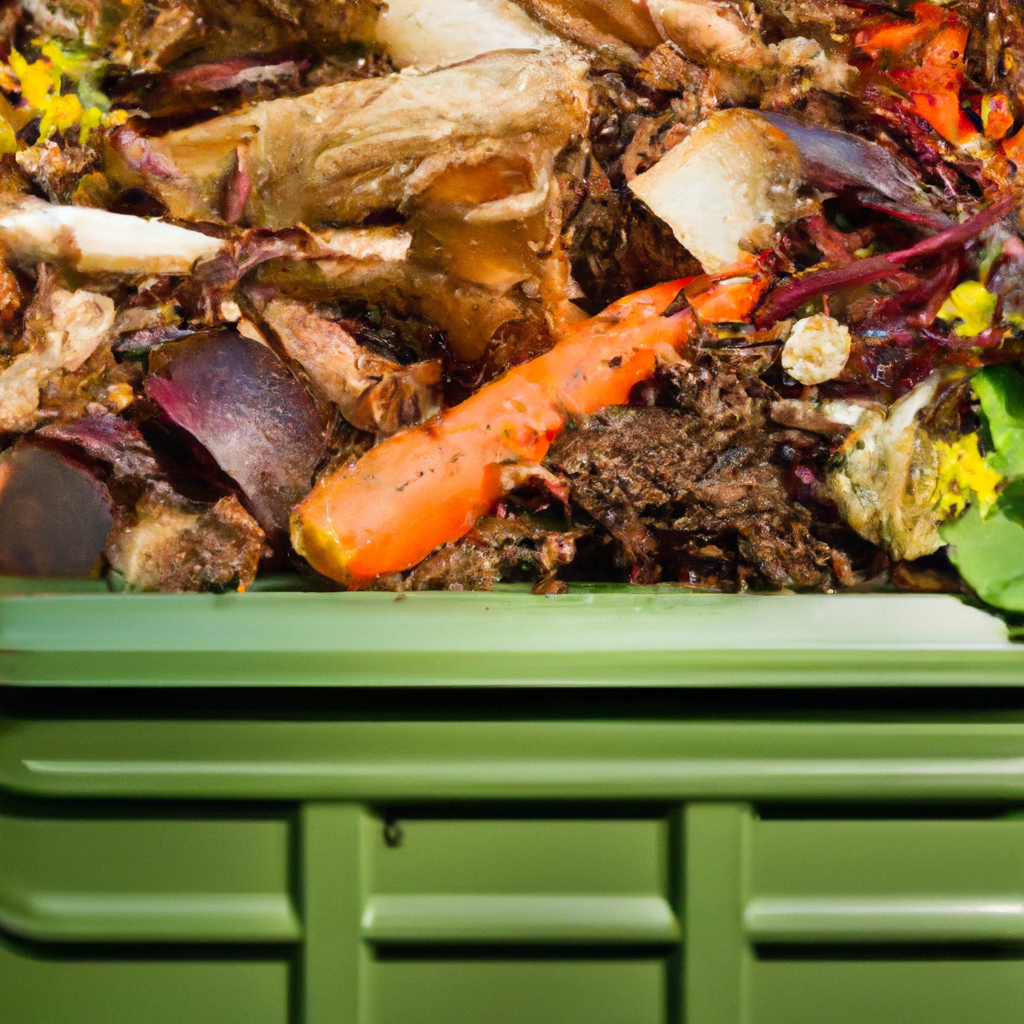
Harvesting and using the compost
Knowing when the compost is ready
Compost is typically ready for use when it is dark, crumbly, and has an earthy smell. The decomposition process can take anywhere from a few months to a year, depending on various factors such as temperature, moisture, and the composition of the compost pile. Regularly check the progress of your compost and once it resembles rich, dark soil, it is ready to be harvested.
Screening or sifting the compost
Before using your compost, it is recommended to screen or sift it to remove any large or undecomposed materials, such as sticks or pieces of food waste. This helps create a more uniform finished product. Use a screen or mesh with small holes to separate the desired compost from any debris. The screened compost can then be used directly in your garden or potted plants.
Effective uses for urban compost
Urban compost can be used in various ways to benefit your plants and gardens. Incorporate compost into your potting mix to improve soil structure and provide essential nutrients for healthy plant growth. Use compost as a top dressing or mulch around your plants to retain moisture, suppress weeds, and nourish the soil. Compost can also be used to amend existing garden beds or as a base for creating your own potting soil.
Community composting initiatives
Organizing neighborhood composting programs
Community composting programs are a great way to encourage and facilitate composting in urban neighborhoods. Organize meetings or workshops to educate residents about the benefits of composting and provide resources for starting their own composting systems. Consider creating a shared composting area where neighbors can deposit their organic waste and collectively maintain the compost pile.
Utilizing community compost sites
Many cities and communities have established community compost sites where residents can drop off their organic waste. These sites are managed by local authorities or organizations, and the compost produced is often used in community gardens or distributed to residents. Utilize these community compost sites to conveniently compost your organic waste if you don’t have the space or capacity for your own composting system.
Collaborating with local organizations
Collaborating with local organizations, such as schools, community centers, or gardening clubs, can further promote urban composting. Offer to conduct workshops on composting or partner with these organizations to establish composting systems in their facilities. By working together, you can expand the reach of composting initiatives and create a more sustainable urban environment.
In conclusion, effectively composting organic waste in urban settings requires the consideration of different types of organic waste, choosing the appropriate composting method, and properly maintaining the compost pile. By following these guidelines and addressing common challenges, you can successfully compost organic waste and reap the many benefits of urban composting. Whether you compost at home or participate in community composting initiatives, the result will be nutrient-rich compost that improves soil quality, reduces landfill waste, and lowers greenhouse gas emissions. Start composting today and make a positive impact on both your immediate surroundings and the broader environment.
